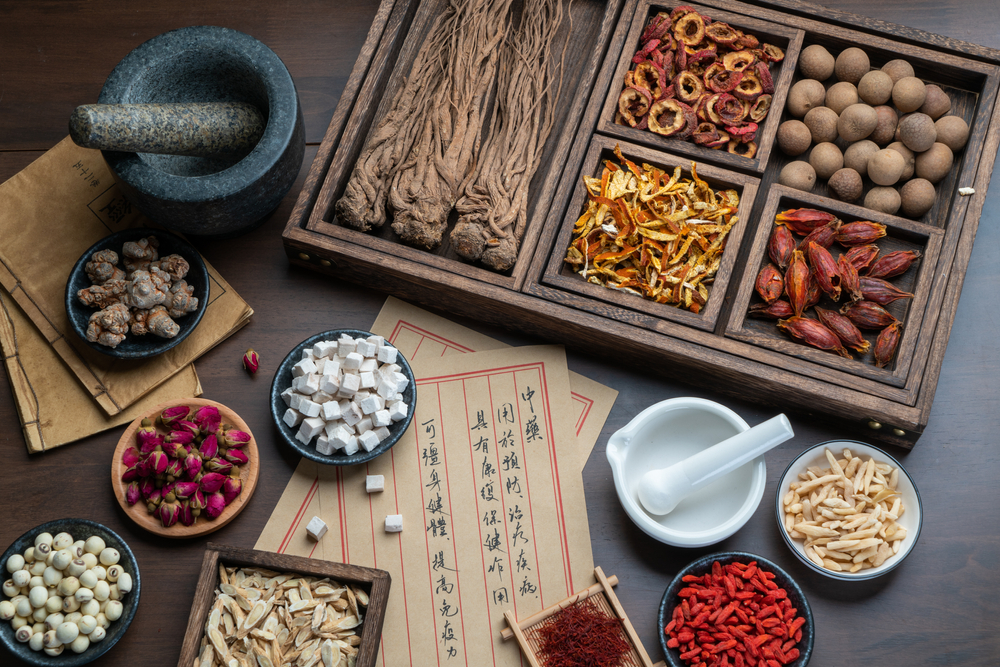
The Large Intestine
The large intestine is the last stop in the digestive process. It does the work of absorbing the last of the water from the food we eat and compacts the indigestible parts (chyme) into stool that we then pass. This organ is wider and shorter than the small intestine. In Traditional Chinese Medicine, the large intestine is also involved with our capacity to process and reconcile grief.
The relationship between the lung and large intestine
The large intestine is the Yang partner to the lung. Both organs are concerned with letting go or release. While the lung is responsible for the gas exchange of respiration, the large intestine deals with waste elimination. This is not just food waste, but also thoughts and emotions that may prove toxic to our mental and spiritual wellbeing.
The importance of letting go
Traditional Chinese Medicine stresses the importance of tending to the health of your large intestine health because retention is detrimental to both your physical and emotional wellbeing. Constipation and other difficulty passing stool can be both the cause and symptom of an inability to process or let go of grief. Imbalance or stagnation of large intestine Qi can make you more prone to crying easily or experiencing intense feelings of sadness and melancholy.
When treating the large intestine, your acupuncturist will determine whether your issues have an emotional or internal cause.
While acupuncture is an excellent way to tend to your large intestine, there are other things you can do on your own to prevent issues from cropping up. Taking the time to sit with your emotions and focusing on being more mindful of what you’re feeling will help you build an awareness of when you are holding on to things that are weighing you down.
As the large intestine is so closely connected to the lung, external pathogens that affect the lung can cause issues in the large intestine if not addressed. It is therefore important to take precautions when going out in cold, windy, or damp weather. Wear a scarf and ensure your skin is well covered. (More information on caring for lung health can be found here.)
Additionally, the food you eat can have a restorative effect on your large intestine. Try incorporating foods like onion, garlic, turnips, daikon, leeks, yogurt, rose hip tea, and grapefruit into your diet.
What is Qi?
Qi, pronounced “CHEE”, is the fundamental or vital life energy that circulates through your body. Qi is the central underlying principle in Traditional Chinese Medicine.



